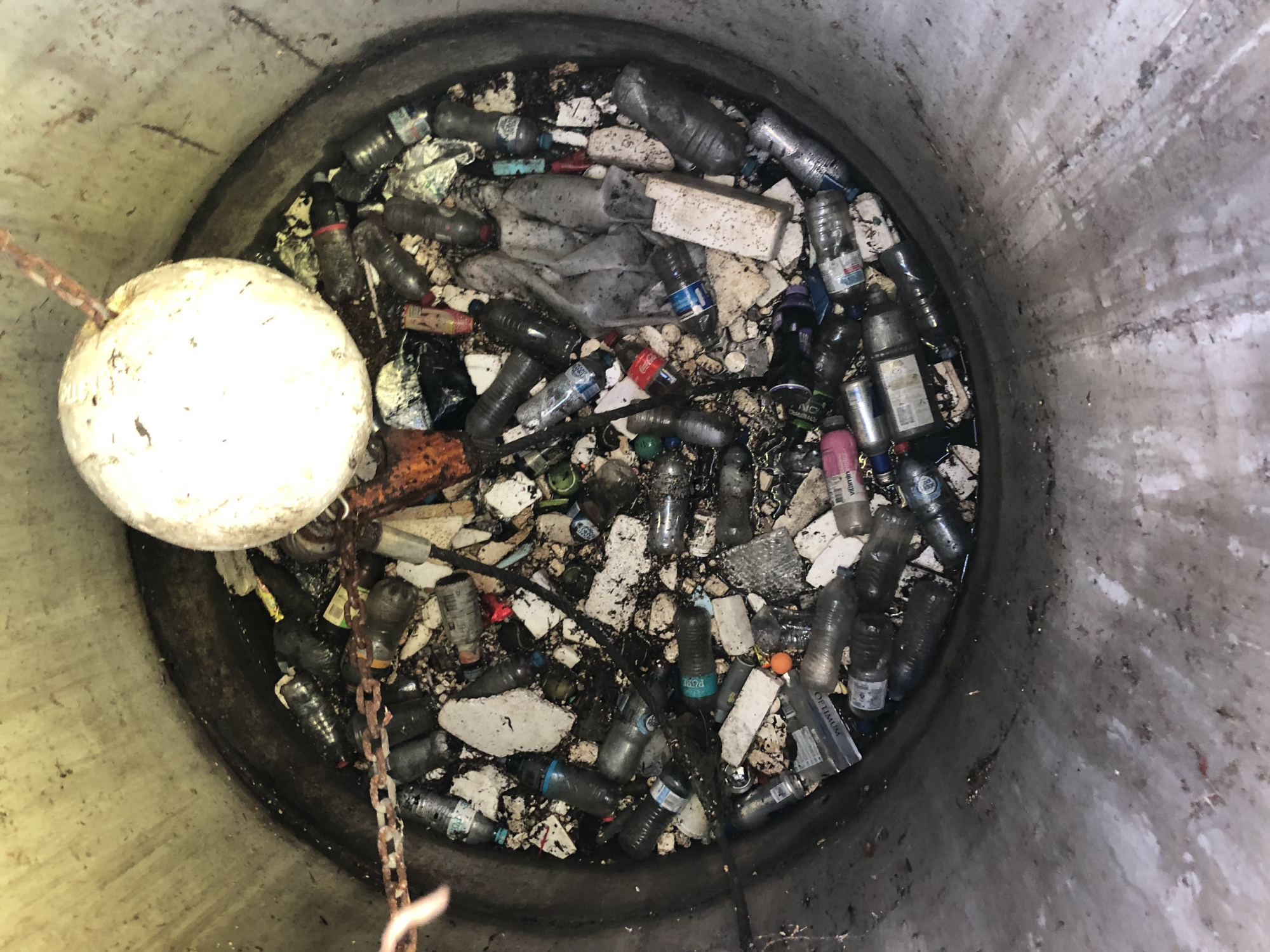Nov 9 2020
CSIRO, Australia’s national science agency, is developing a major research program to tackle plastic waste and reimagine the future of plastics.
 Gross pollutant trap. Image Credit: Ocean Protect
Gross pollutant trap. Image Credit: Ocean Protect
The Plastics Mission, one of 12 missions in development by CSIRO is using science and technology, to address Australia’s plastics waste issue.
Each year, 90 billion tonnes of primary materials are extracted and used globally for plastics. Only 9 per cent is recycled, with economic, social, environmental and health impacts. In Australia, we generate an estimated 67 million tonnes of waste every year.
CSIRO Senior Principal Research Scientist Dr Denise Hardesty said CSIRO was working with collaborators through the Plastics Mission to apply technological solutions to the entire plastics supply chain and prevent rubbish ending up in the environment.
“Our research is helping to understand the extent of plastic pollution in Australia and globally, and how to reduce it,” Dr Hardesty said.
“Rethinking plastic packaging is just one way of reducing waste, through better design, materials and logistics. We can also transform the way we use, manufacture and recycle plastics by creating new products and more value for plastics.”
New solutions under development include plastics detection using artificial intelligence, implementing and optimising waste monitoring systems, and establishing recycling standards and best practices to reduce contamination.
Machine learning and camera sensor technologies
Machine learning and camera sensor technologies are fast-tracking data collection to detect and classify items of rubbish in our rivers.
This project, in partnership with Microsoft, helps inform waste management strategies, highlighting where intervention is needed to stop plastic from entering waterways.
Microsoft Australia chief technology officer Lee Hickin highlighted the importance of supporting the efforts to aid in the development of a national baseline to measure litter accumulation in the environment, which was key for measuring and reacting to change.
“Microsoft artificial intelligence image recognition is underpinning the identification of plastic pollution," Mr Hickin said.
"By using AI to accelerate the detection and classification of rubbish in our waterways, we can simply react more quickly and work to improve the quality of water faster than if done manually.”
.
Camera sensor technologies are also being applied to waste traps, commonly used by councils to prevent rubbish flowing through stormwater drains into the environment.
City of Hobart Lord Mayor Anna Reynolds said the City was working with CSIRO to develop an autonomous sensor network to provide real-time reporting on the amount of rubbish being captured.
“Gross pollutant traps capture rubbish that ends up in stormwater drains," Cr Reynolds said.
"But maintenance can be costly and time-consuming.
"By tapping into CSIRO’s modelling capabilities, we can optimise our operations to avoid the release of pollutants, while improving safety and reducing environmental harm."
Turning resources to riches
CSIRO is also collaborating with Chemistry Australia and their Plastics Stewardship Australia initiative to inform ways to more sustainably use, re-use and recycle plastic products.
Director Strategy Energy and Research for Chemistry Australia Peter Bury said new technologies and initiatives to recover and transform what are important resources into commodities supports the UN’s Sustainability Development Goals and can help drive Australia’s circular economy.
“With a pending export ban for Australian waste, the time is now to address the plastic waste problem,” Mr Bury said.
“Leading science will help establish standards to ensure product security and inform decision-making.
"Leveraging the capability of industry for plastic products at their end of life will also generate new types of products and design, and help build new industries and jobs across a range of sectors.”